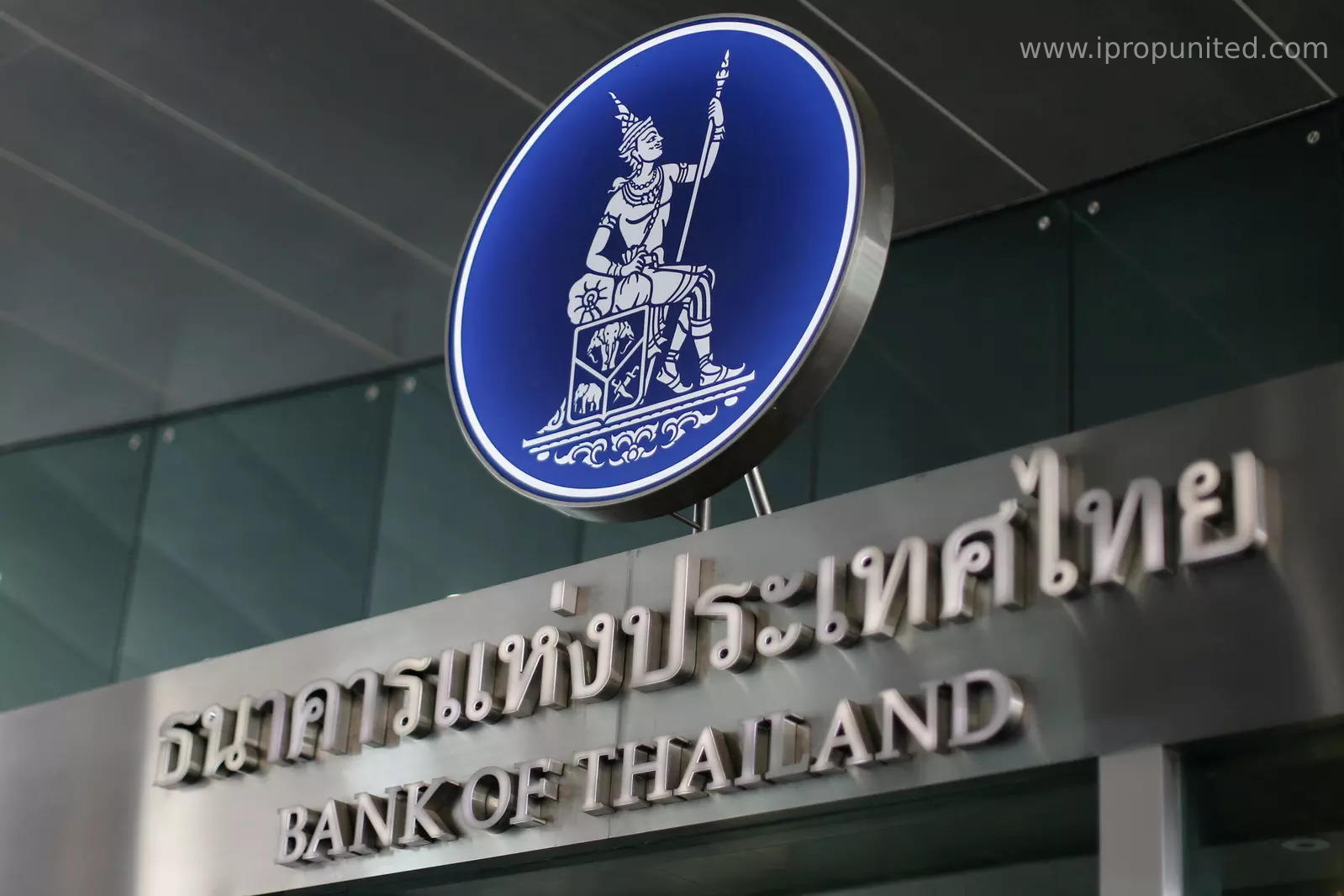Officials said to increase activity in the real estate sector loan-to-value ratio limit has been lifted. Until end-2022 it has been lifted to 100 from 70-90% which will take years to recover. On Wednesday the rules were effective.

On Thursday, officials said, to boost a key property sector struggling from the impacts of the pandemic, the central bank of Thailand has further eased rules on mortgages.
Officials said to increase activity in the real estate sector loan-to-value ratio limit has been lifted. Until end-2022 it has been lifted to 100 from 70-90% which will take years to recover. On Wednesday the rules were effective.
Roong Mallikamas, an assistant Bank of Thailand (BOT) governor, said in a news conference, “Uncertainty remains high and some sectors are still fragile, so measures have been introduced to stimulate the economy and increase jobs.” She also mentioned that where there is little sign of speculation these measures will be for them including housing loan contracts, refinancing, etc.
Senior BOT director Don Nakornthab said the property sector accounts for about 10% of Thai gross domestic product (GDP) and employs 2.8 million people. GDP growth of 0.7% can be seen this year according to the BOT forecast and in 2022 it can be 3.9% following a 6.1% slump last year.
In early 2023, Southeast Asia’s second-largest economy is expected to return to pre-pandemic levels, but the property sector will take much longer to regularize, Don said.
He further added “The economy has already bottomed out. But without additional measures, property sector activity is not expected to return to pre-crisis levels until 2025.” The finance ministry is also considering extending some property measures to help the sector, Don said.
Don said, “We are hoping the measures will help the property sector recover faster.” The easing of regulations, jointly with any extra measures, is anticipated to boost home loans by about 50 billion baht ($1.5 billion) per year.








